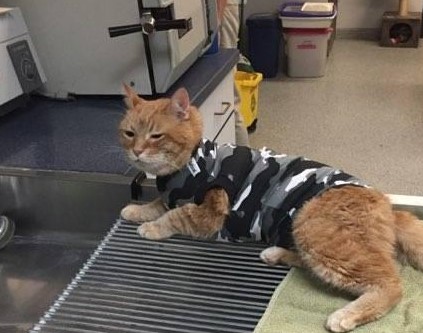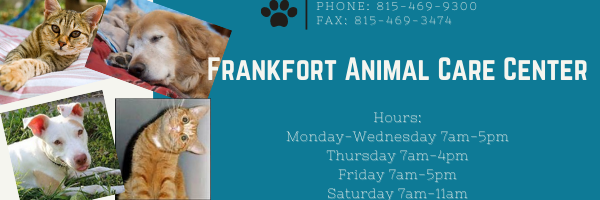SURGICAL FAQ

We understand how stressful it can be for you to bring your pet in for surgery. That's why we work hard to ensure that each and every surgical procedure that we perform is as stress-free an experience as possible, both for the pet and his/her owner. Our veterinarians are skilled and experienced in surgical techniques and perform each procedure with the utmost attention to your pets safety. We want you to feel confident that your pet will be in excellent hands with us!
Whether it's a routine spay or neuter, or something more complex, we provide each surgical patient with the highest quality care and attention they deserve. All pets receive pre-operative testing and physical examination to ensure that they are healthy enough to undergo surgery. Pets are closely monitored-before, during and following any procedure-to ensure their optimum safety and comfort at all times.
Preparing for surgery :
-
Pets should not have any food after 10pm the night before the surgical procedure.
-
First thing in the morning, of the surgical procedure, pick up your pets water.
-
Pets need to be dropped off between 7am-8am the day the surgery is scheduled.
-
Most pets stay the majority of the day with us, owners can call after 12pm the day of the procedure to get updates on their pet and pick-up time.
Will my pet need pre-surgical bloodwork?
Pre-anesthetic bloodwork testing is important in reducing the risk of anesthesia. Bloodwork testing before surgery is Mandatory on all surgical patients. Pre-anesthetic bloodwork helps ensure that the liver and kidneys can handle the anesthetic. Even apparently healthy animals can have serious organ system problems that cannot be detected without blood testing. If there is a problem, it is much better to find it before it causes anesthetic or surgical complications.
If serious problems are detected, surgery can be postponed until the problem is corrected. For geriatric or ill pets, additional blood tests, electrocardiograms, or radiographs may be required before surgery can be performed. It is important that surgery be done on an empty stomach to reduce the risk of vomiting during and after anesthesia. You will need to withhold food for at least 8 to 12 hours before surgery.
Will my pet need an IV catheter?
All surgical procedures, require your pet to have an IV catheter placed. We administer IV fluids to all pets during anesthetic procedures. This is a critical part to keep your pet well hydrated throughout the procedure and provides us with an access port if additional medications are needed.
Will my pet need pain medication?
Anything that causes pain in people can be expected to cause pain in animals. We include pain management with every surgical procedure for both the comfort of the patient and to speed the recovery process. This may involve a postoperative injection which will ensure the patient is comfortable upon waking up from the surgical procedure, as well as, oral medication to take home to provide comfort for your pets while recovering from the surgical procedure.
Will my pet have stitches?
Yes, skin sutures/staples are used to close the incision on your pet. The sutures/staples will be in place for 14 days after your pets procedure. Your pet should be kept quiet for those 14 days and it is recommended you leash walk your dog when outside, to limit the amount of activity and jumping by your pet. Your pet may lick or chew at the incision which may lead to your pet loosening or removing the skin sutures that are in place. That is why we recommend that an Elizabethan (E-collar) collar be placed on your pet to prevent them from licking and chewing at the incision. Your pet will get use to the e-collar and be able to eat, drink, and walk around comfortably with the collar on. Also, no baths for your pet while the sutures are in. You should examine your pet incision daily for any drainage, redness or swelling in the area. If you notice your pets incision is looking different or have any questions please contact us at 815-469-9300
That is why we recommend that an Elizabethan (E-collar) collar be placed on your pet to prevent them from licking and chewing at the incision. Your pet will get use to the e-collar and be able to eat, drink, and walk around comfortably with the collar on. Also, no baths for your pet while the sutures are in. You should examine your pet incision daily for any drainage, redness or swelling in the area. If you notice your pets incision is looking different or have any questions please contact us at 815-469-9300
Does my pet need to be up to date on vaccines to have surgery done?
Yes, we require rabies and distemper in both dogs and cats in order to have a surgical procedure done. If your pet is not up to date at the time the surgery is scheduled the vaccines can be updated that day while staying with us.
What other decisions do I need to make?
While your pet is under anesthesia, it is the ideal time to perform other minor procedures, such as dentistry, ear cleaning, implanting a identification chip or discounted nail trim.
If you would like an estimate for a surgical procedure, please call ahead of time. This is especially important if the person dropping the pet off for surgery is not the primary decision maker for the pets care.
